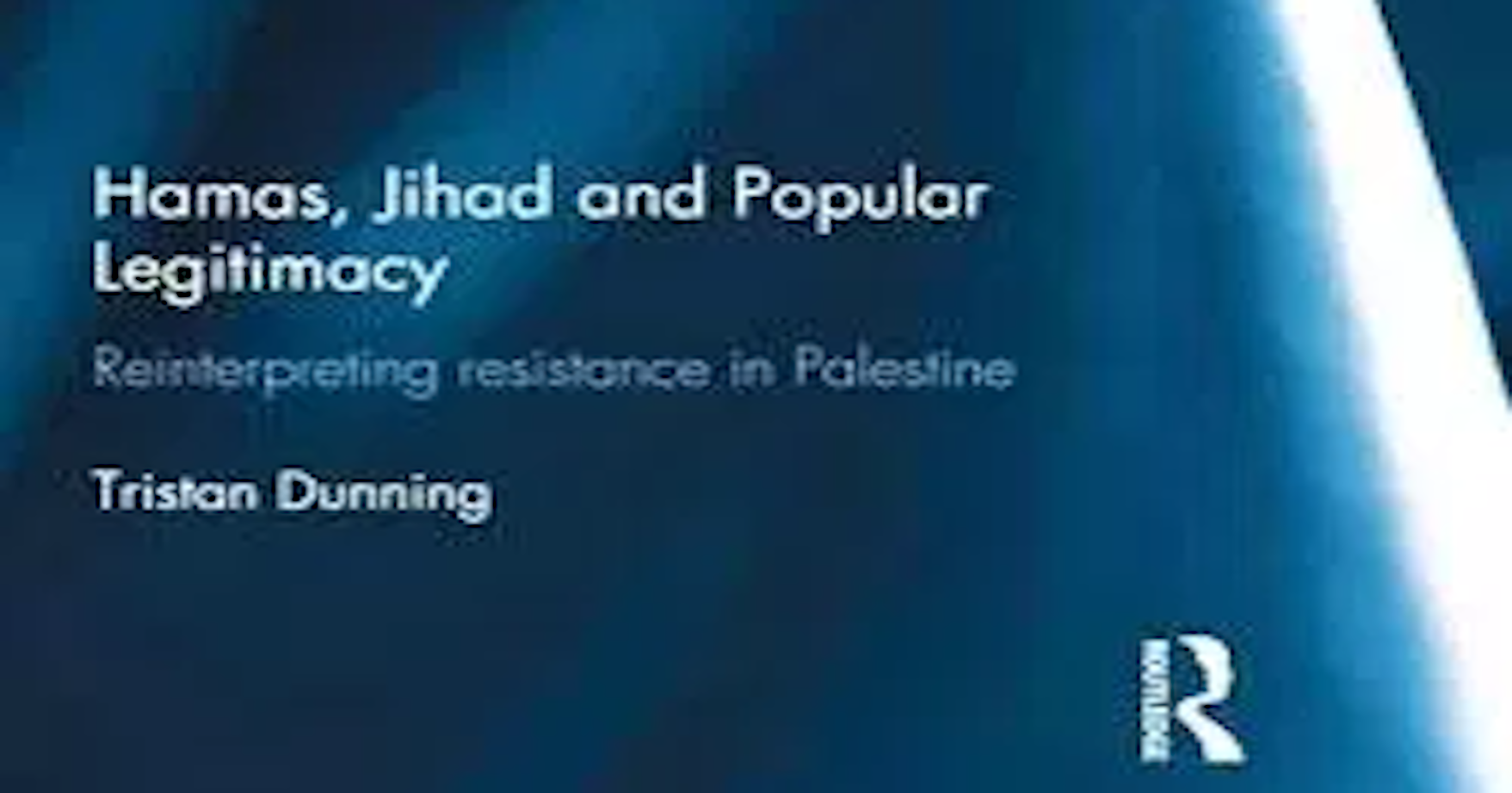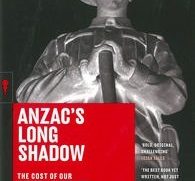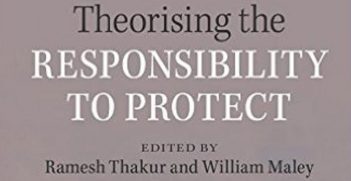Reading Room: Hamas, Jihad and Popular Legitimacy

This book contributes meaningfully to a small but steadily growing body of literature that seeks to move away from the predominantly securitised analyses of the Palestinian Islamist movement, Hamas. It presents a holistic, though somewhat introspective, assessment of a movement that is viewed by many Western governments almost entirely through the prism of its use of violence against Israel.
Tristan Dunning’s detailed analysis sets out to discover how Hamas (The Islamic Resistance movement) maintains popular support through its multiple resistance narratives. In doing so, Dunning unpacks Hamas’ ‘resistance’ to Israeli occupation, dividing it broadly into ‘resistance’ and ‘jihad’. Dunning argues that Hamas interprets and then re-interprets these concepts depending upon the prevailing conditions in the occupied Palestinian territories of the West Bank, Gaza and East Jerusalem. Therefore, one of the core themes of the book is that Hamas’ resistance to Israel’s ongoing occupation of the territories is a multilayered concept and should not be viewed solely as an expression of Hamas’ use of physical violence. By employing a variegated understanding of resistance, Dunning is able to explore the various sources of Hamas’s legitimacy amongst Palestinians.
The book contextualises Hamas’ resistance by exploring its association with Israel’s occupation regime. In doing so, the various social, political and cultural constrictions imposed on Palestinian life by the occupation become visible. This contextualisation of Hamas’ resistance enables Dunning to delve deeply into Hamas’ psyche, teasing out the core tenets of its legitimacy for Palestinians and how Hamas views and justifies its multiple resistance efforts.
Regardless of whether one agrees or disagrees with Dunning’s portrayal of Hamas, his cogent argument and, at times, insightful analysis call into question many of the (mis)conceptions surrounding Hamas. This is particularly the case concerning questions that pervade securitised analyses of movements like Hamas, as well the public and political debates which automatically link Islamist movements with terrorism. Moving away from the more essentialist and ultimately restrictive characterisations of resistance and violence, Dunning is able to present an understanding of the role that resistance plays for Hamas and for Palestinians. This allows his analysis to consider the political activities of Hamas, in the form of governing Gaza, as being a form of resistance.
What has been lost in many of the analyses of Hamas is that it was the legitimately elected party in elections that were widely viewed as being free and fair. Consequently, through Dunning’s analysis of Hamas’ political activities, what becomes apparent is that rather than Hamas being a dogmatic and monolithic Islamist movement, it is in reality a pragmatic and rather nimble government that is closely attuned to public opinion and is willing to compromise its policy parameters accordingly, while maintaining its vehement opposition to Israeli occupation.
Overall, Dunning’s many personal interviews with members of Hamas and Palestinians living in the occupied territories makes this book an engaging and, at times, provocative read. By moving its analysis outside of the more traditional characterisations of Hamas, it presents an alternate point of view of not just Hamas itself but more broadly of the Palestinian-Israeli conflict and why resistance is such a fundamental tenet of the Palestinians’ quest for a sovereign state. As such, the book should appeal to readers interested in the Palestinian-Israeli conflict and to readers seeking to gain a better understanding of Hamas and Islamist movements more generally.
Tristan Dunning, Hamas, Jihad and Popular Legitimacy: Reinterpreting resistance in Palestine, Routledge, 2016.
Dr Martin Kear is a sessional lecturer at the School of Government and International Relations, University of Sydney.





